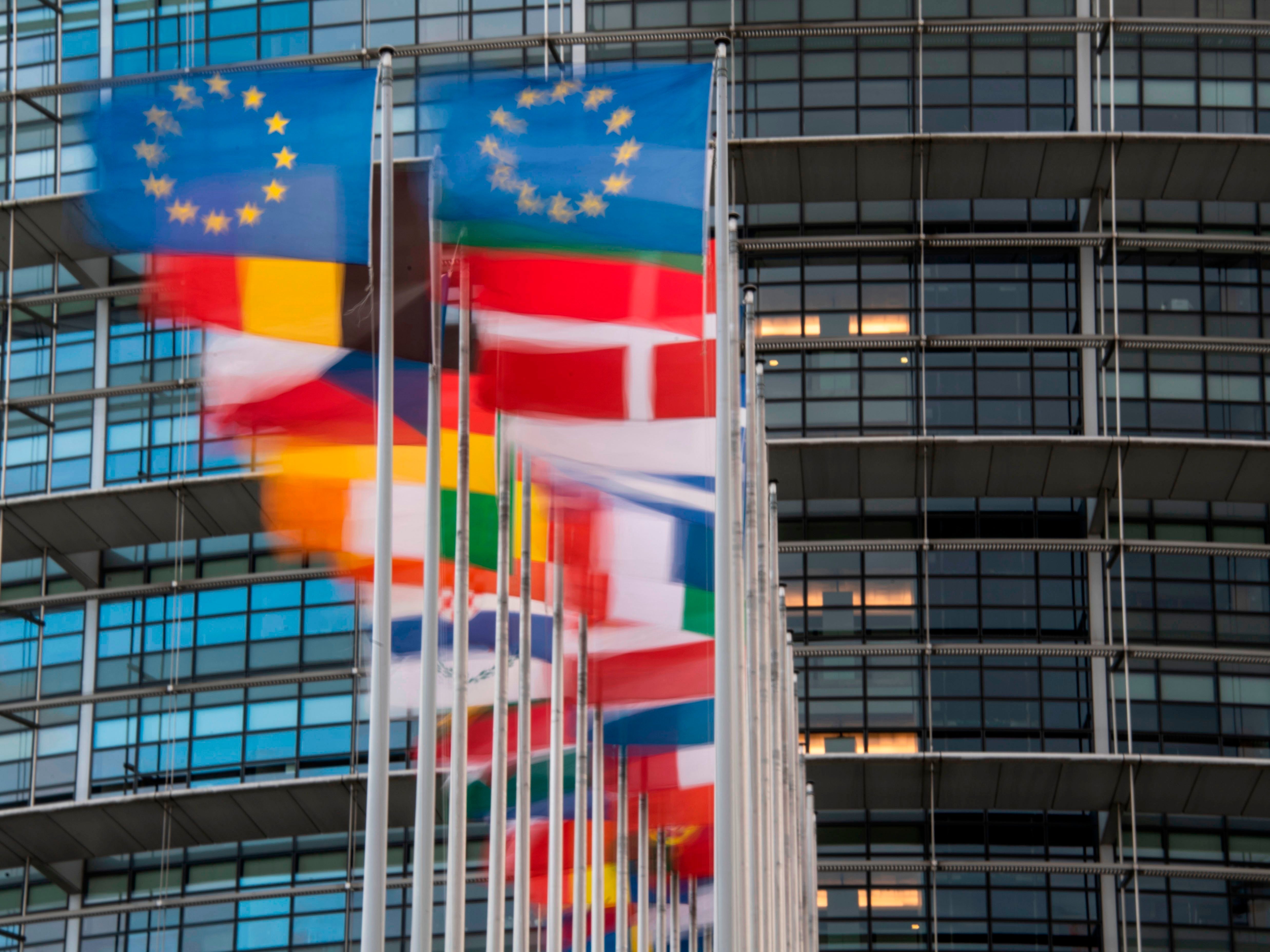Climate crisis: European Parliament votes for cutting EU emissions by 60% in next 10 years
It’s an ambitious goal as the the EU's current 2030 target is a 40 per cent emissions cut

Your support helps us to tell the story
From reproductive rights to climate change to Big Tech, The Independent is on the ground when the story is developing. Whether it's investigating the financials of Elon Musk's pro-Trump PAC or producing our latest documentary, 'The A Word', which shines a light on the American women fighting for reproductive rights, we know how important it is to parse out the facts from the messaging.
At such a critical moment in US history, we need reporters on the ground. Your donation allows us to keep sending journalists to speak to both sides of the story.
The Independent is trusted by Americans across the entire political spectrum. And unlike many other quality news outlets, we choose not to lock Americans out of our reporting and analysis with paywalls. We believe quality journalism should be available to everyone, paid for by those who can afford it.
Your support makes all the difference.The European Parliament has voted in favour of a legally binding target for the European Union to cut its greenhouse gas emissions by 60 per cent by 2030, against 1990 levels, according to vote results released on Wednesday.
The goal is more ambitious than the net emissions cut of "at least 55 per cent" by 2030 proposed by the European Commission, which wants to finalise the target by the end of the year.
To do that, Parliament will need to agree the target with EU member countries, who are split over how ambitious it should be. The EU's current 2030 goal is a 40 per cent emissions cut.
Denmark and Finland on Wednesday said they were in favour of deeper emissions cuts, but Danish climate minister Dan Jorgensen acknowledged it would be difficult to gather enough support for even the 55 per cent target.
Parliament will rubber-stamp its position with another vote on Wednesday.
Jytte Guteland, lead lawmaker on the issue, said Parliament had taken "a big step closer" to fulfilling the goals of the Paris climate accord.
Experts say a 55 per cent cut by 2030 is the minimum needed to steer the EU towards becoming climate neutral by 2050, putting EU emissions on a path that, if adopted globally, would cap global warming at safe levels.
A 60 per cent target is unlikely to secure support from EU countries. Backing a more ambitious aim could make it harder for countries to water down the target in the ensuing negotiations.
"We have decided on really ambitious instruments, and we will not easily give that away," said Green lawmaker Michael Bloss.
Roughly half of the EU's 27 member countries have said they support an emissions cut of "at least 55 per cent" by 2030. Even this target will have huge implications for all sectors, with higher carbon costs for many businesses and a sharp drop in coal use.
The Czech Republic has said it opposes the 55 per cent goal, and coal-heavy Poland wants to see more detailed economic analysis before approving any new target.
That resistance could matter, since heads of government are expected to decide the member states' negotiating position at a summit in either October or December, in a process which requires unanimous support from the 27 countries.
Reuters contributed to this report



Join our commenting forum
Join thought-provoking conversations, follow other Independent readers and see their replies
Comments